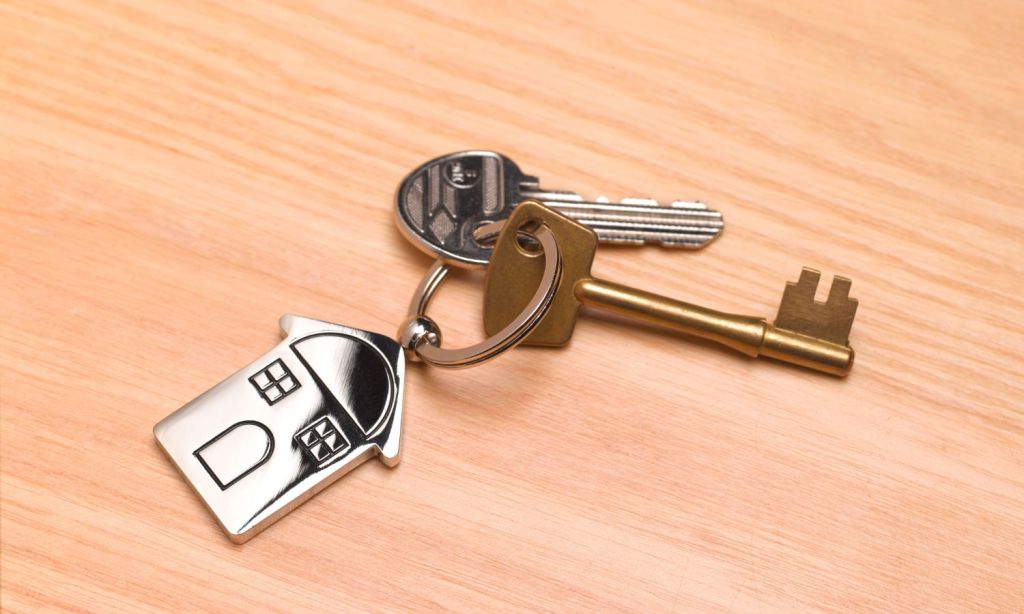It’s no secret the property market can be difficult to crack, but one way many Australians are opting for it by ‘rentvesting’.
The term refers to an approach where buyers are getting their foot in the property market by renting in their ideal location and buying an investment property in alternative markets around the country that are cheaper and provide higher cash flow.
The concept goes against the saying ‘rent money is dead money’, showing that renting, when done properly and with a clear goal in mind, can actually be beneficial in the property game.
“Like any big life decision, you need to weigh up the pros and cons to ensure it’s right for you,” says Bobby Haeri, Buyer’s Agent and Co-Director of The Investors Agency.
“We see many families and first home buyers opting for a rentvesting strategy that lets them enter the market quicker with less money, while still living in their preferred location. It’s a win-win, and if done correctly, can even make you money in the process.”
Related: Aussie Property Prices Have Dropped Harder Than They Have in 40 Years
Related: Why Property Seekers Shouldn’t Necessarily Be Put Off By Hiked Interest Rates
Wondering if property rentvesting is for you? Ahead Haeri shares five benefits to it, noting, of course, that advice given here is of general nature only.
Live in Your Ideal Location
“We see many families moving out of their preferred location, further from their work, friends, and family, so they can afford the home they desire,” says Bobby Haeri, Buyer’s Agent and Co-Director of The Investors Agency. “This approach works for some, but if you’ve got your eyes set on living in a particular suburb but can’t afford to purchase a property outright, rentvesting could be the right option.”
All major Australian CBD markets are currently negatively geared, says Haeri. This means that it costs more to pay for the property’s holding costs and the mortgage than what it costs to rent the same property. As a result, by default, renting will allow you to live in a property of better quality than what you typically would be able to afford.
Get Into the Property Market Quicker
Saving for a house deposit is tough, and as house prices continue to rise it can feel like your dream home is getting further and further out of reach, says Haeri.
“By rentvesting, you can enter the property market faster while making your money work much harder for you,” he says. “Instead of saving your way to that large, owner-occupied deposit in a bank with little to no returns, you can get into a strong investment property sooner with a much smaller deposit.”
Easily Move Homes
Rentvesting allows you to rent in a location and property that’s suited to your current needs and gives you the flexibility to move with minimal disruptions, says Haeri. You’re able to easily move should your family grow or your circumstances change.
“When putting down your life savings, you want it to be a long term decision, getting it wrong can be a costly mistake,” he says. “One of the perks of renting the home you live in is that you have the luxury of being able to upsize, downsize, or move locations as your family grows or your circumstances change without much hassle.”
“Think of it as a ‘try before you buy’ approach that allows you to experience a few different options and see which one fits best with your lifestyle and requirements.
Start and Grow an Investment Portfolio
Rentvesting can kickstart your property investment portfolio, says Haeri. Before looking into an investment property purchase, it’s best to speak to a professional buyer’s agent who can help you find a positively geared property.
“This will mean rent would cover all expenses and add additional income,” he says. “If your investment property is in a high growth market, then, over time you should be able to sell or utilise the capital growth from that property as a deposit for another investment property, or even your dream home.”
Don’t Have to Worry About Strata, Council and Maintenance Costs
Owning a property is expensive, says Haeri. Not only do you have your mortgage repayments to factor in, but many people forget or underestimate the ongoing costs of things like council rates, maintenance works, and strata if applicable.
“If you’re renting your home, luckily for you all of these costs will be covered by your landlord,” he says. “And if your investment property is positively geared, you won’t need to worry about this cost either because the rent you receive will cover them. You could be potentially saving yourself close to $10,000 per year using this approach.”
Read more stories from The Latch and subscribe to our email newsletter.







